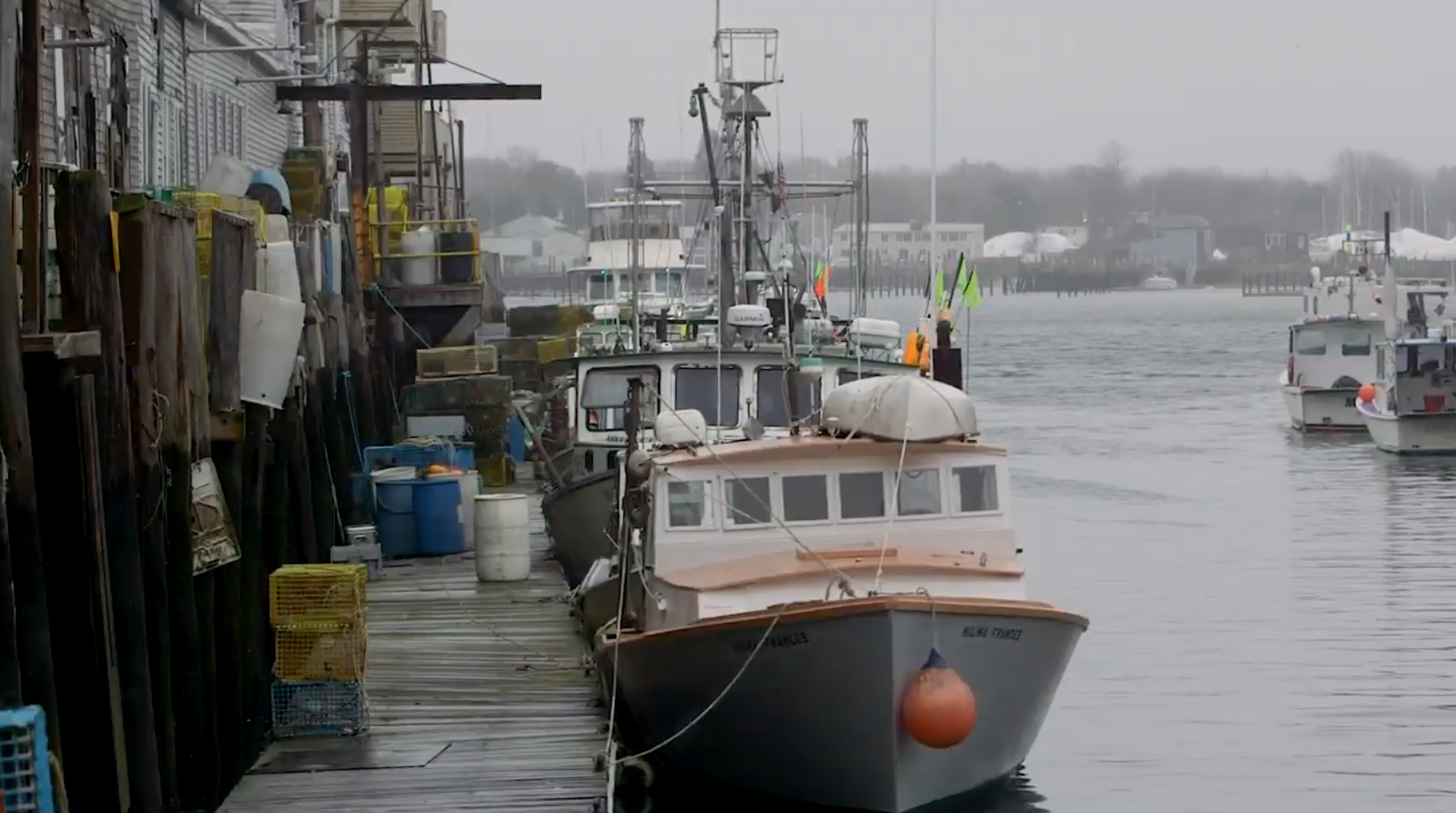Vacationland. The way life should be. Open for business.
Maine’s unofficial mottos convey the predicament its coastal cities are facing as development spreads north in New England. In Portland, an influx of Millennials seeking their best lives and Boomers looking for a retirement spot a little off the beaten path are colliding with the traditional way of life that drew them to this small city on Casco Bay.
When I moved here 20 years ago, there were three hotels on the peninsula — a 1- by 2-mile boot-shaped slice of heaven on earth. Now there are 12 with proposals for more. Of course, that doesn’t include a variety of inns, bed and breakfasts, and a slew of “short-term vacation rentals” in private homes. Condos are cropping up on every corner, and established businesses are vying for a shot at the waterfront with new construction that does everything it can to stand out on a shoreline once occupied by historic (if ill-maintained) brick buildings on cobblestone streets. The docks were in disrepair before these new buildings cropped up. They are not better for it now.
Through all phases of its history, Portland has maintained its deepwater economy. It started as a shipping port, then the wharves swelled with groundfish boats through the industry’s 1970s heyday. Now the local fishing fleet’s primarily 30- to 45-foot lobster boats and a handful of draggers and gillnetters contend with cruise ships, ferries and yachts year-round. But that’s not the heart of the problem.
In 1987, the city council adopted a referendum that was aimed at protecting the working waterfront. It included provisions for exemptions, which the city could vote in. In recent years, the city council has done just that. And often. Now supporters of a new referendum (of which I am one) are working to alert locals and city leaders that exceptions to the working waterfront zoning are getting out of hand. The working waterfront is on a precipice. An adjustment to the ’87 referendum is critical to maintaining a fishing fleet in Portland.
“This citizen initiative is critical to our future,” says Willis Spear, 67, a local lobsterman who has been fishing for more than 50 years.
Industry members and supporters have coalesced around the Facebook group Save the Working Waterfront and are actively gathering 1,500 signatures to send the new referendum to the city council. The initiative aims to clarify land-use restrictions on Portland’s waterfront, including narrowing the scope of zoning exemptions.
The Maine Coast Fishermen’s Association joined forces with the Knack Factory to produce this video for the campaign.
“It identifies really who we are,” Spear says of the working waterfront at the end of the video. “And if you don’t know who you are, you’re going to go through life with a lot of uncertainty.”
This is who we are. This is who we have always been. This is the way life should be.







